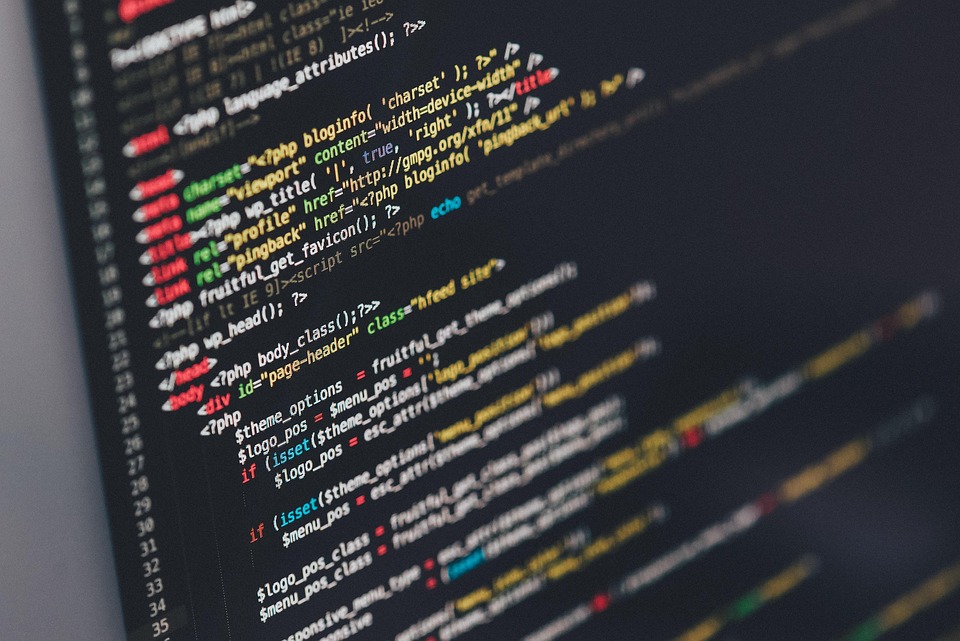Artificial Intelligence (AI) has rapidly evolved from a futuristic concept into an integral part of various sectors, fundamentally transforming the way industries operate. The potential for AI to streamline processes, enhance decision-making, and create innovative solutions is driving significant changes across diverse fields. As we look towards the future, it’s crucial to explore how software powered by AI is reshaping industries and what this means for businesses, employees, and consumers alike.
1. The Rise of AI Technologies
AI technologies, including machine learning, natural language processing, and computer vision, enable machines to perform tasks that typically require human intelligence. These advancements are not only improving efficiencies but also redefining the boundaries of what software can achieve. Machine learning algorithms, for example, allow systems to analyze massive datasets, identify patterns, and provide actionable insights, paving the way for smarter, data-driven decisions.
2. Transforming Key Industries
Healthcare
AI is revolutionizing healthcare through improved diagnostics, personalized medicine, and administrative efficiency. Software solutions powered by AI can analyze medical images, predict patient outcomes, and even assist in surgical procedures. Additionally, administrative tasks such as scheduling and patient management are becoming automated, allowing healthcare professionals to focus more on patient care. The wearable health tech market is also booming, with devices employing AI to monitor users’ health in real time, leading to proactive care strategies.
Finance
In finance, AI is enhancing risk management and customer service. Algorithms can analyze market trends and customer behavior, enabling firms to make informed investment decisions. Robo-advisors are becoming increasingly popular, providing personalized financial advice without the need for human advisors. Furthermore, AI-driven chatbots improve customer interactions, handling inquiries and transactions efficiently while reducing operational costs.
Manufacturing
The manufacturing sector is seeing significant change through the adoption of AI systems that enable predictive maintenance, optimize supply chains, and automate production lines. Smart factories, equipped with IoT devices and AI software, can analyze real-time data to predict equipment failures before they happen, minimizing downtime and saving costs. Furthermore, AI in quality control ensures products meet standards, thereby reducing waste and boosting productivity.
Retail
Retailers are embracing AI to enhance the shopping experience and optimize inventory management. Through AI-driven analytics, businesses can forecast demand more accurately, manage stock levels efficiently, and tailor marketing efforts to individual consumer preferences. Virtual fitting rooms and personalized recommendations powered by AI help create a more engaging shopping experience, increasing customer satisfaction and loyalty.
Transportation
The transportation industry is on the brink of a significant transformation, thanks to AI. Autonomous vehicles are becoming a reality, with software algorithms enabling cars to navigate and make real-time decisions. In logistics, AI is optimizing delivery routes, reducing fuel consumption, and improving supply chain efficiencies. Similarly, AI-powered traffic management systems are helping cities reduce congestion and enhance mobility.
3. The Ethical Considerations
While the benefits of AI are substantial, it’s essential to consider the ethical implications. Issues such as data privacy, job displacement, and algorithmic bias require careful attention. As industries adopt AI solutions, it becomes crucial for businesses to follow ethical guidelines, ensuring transparency and fairness in AI deployment. Stakeholders, including policymakers and technologists, must collaborate to establish a framework for responsible AI usage.
4. Preparing for the Future
As AI technology continues to evolve, industries must prepare for a future where collaboration between humans and machines will be commonplace. This transition will require a workforce skilled in AI technologies, prompting the need for educational programs focused on data science, machine learning, and other relevant fields. Companies must also invest in ongoing training and development to keep their employees adept in a rapidly changing landscape.
5. Conclusion
The future of AI is promising and holds the potential to reshape industries significantly. As software powered by AI continues to evolve, industries must adapt and harness its capabilities to drive innovation and efficiency. The collaboration between humans and AI will define the next era of industrial transformation—one where smarter decisions lead to enhanced business operations, ultimately benefiting consumers and society as a whole. Embracing this technological revolution will be key to staying competitive and thriving in the years to come.



